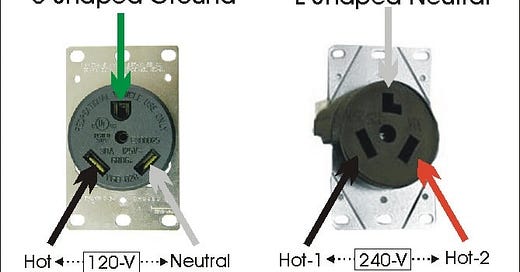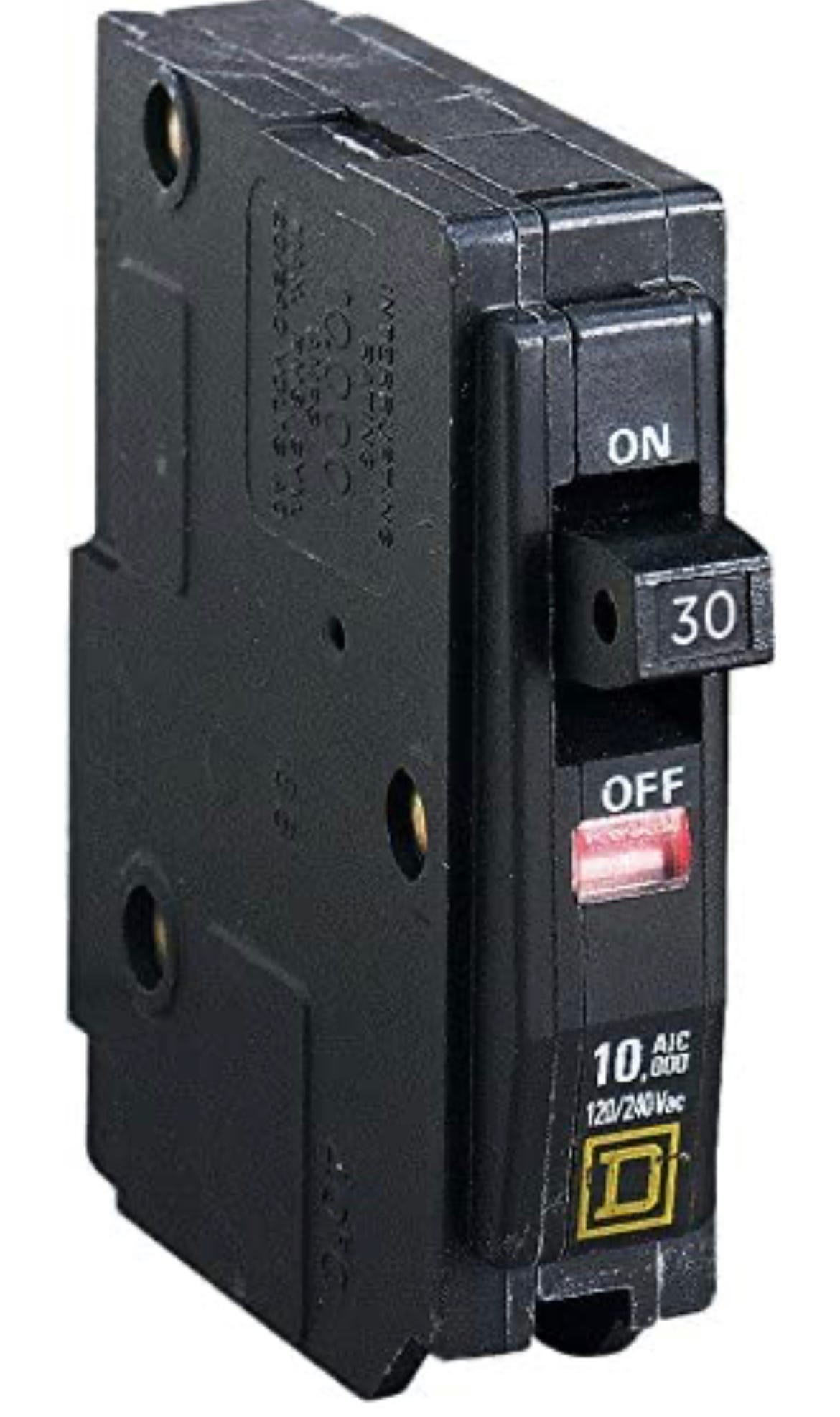Watch out for miswired 30-amp outlets!
Don’t plug your 120-volt RV into a 30-amp outlet miswired with 240 volts…
Hi all,
I’m a new reader and new to the travel trailer world. I was super excited with my 26FB13 Vengeance Toy Hauler we just brought home on Friday, right up until a friend of mine offered to wire in a 30 amp plug off my home panel so I could plug the trailer in and have all the functionality of the appliances. Well, he wired it in 240V rather than 120v and plugged it in.
I was in the trailer when he plugged it in and immediately white smoke began billowing from the electrical panel. I hollared at him to turn it off, but the whole process took a few seconds. Smoke continued to pour out of the panel for probably 30 seconds after power was disconnected.
We pulled the electrical panel out to assess the damage and to my surprise, everything looked fine. No burnt wires or indication of over heating anywhere. I did notice some oil on the floor below the panel. There were no blown fuses or other signs of problems. I turned on the 12 volt system and ran through all the systems that run on 12 volt. Everything seemed to work fine. I fired up the genset and again went through everything, AC, Micro, heat, all the lights etc, and everything seemed fine. He then rewired the outlet to the correct 120V and I checked everything again while running on shore power and again everything seems to run fine.
Did I somehow dodge a bullet? I read an article by what seemed like a petty sharp and experienced guy who indicated that after an over current issue like this all of the appliances will soon fail.
Anyone have any experience like this? I’m sick and my wife is fighting back the tears! Thanks! - Thomas O.
Here’s why this happens…
Dear Thomas,
This is a fairly common mistake made by residential electricians and DIY fixers because the 30-amp TT-30 RV outlet closely resembles an old-school 230-volt dryer outlet that was common in the 1960s. So, a casual look at the 30-amp RV outlet they’re about to install may make them believe it needs to be wired with 2-pole, 240 volts, when it’s actually wired for single-pole, 120 volts.
If you miswire a TT-30 outlet with 240 volts and plug your 120-volt RV into it without an EMS Surge Protector to monitor and shut down the voltage, it can do thousands of dollars in damage in just a few seconds.
Now Hear This! Your 30-amp RV needs to be wired to a single-pole, 120-volt circuit breaker!
Please make sure you and your electrician reads this before they begin any 30-amp RV pedestal outlet installation at your house. Getting repair parts for a burned up electrical system in your RV can take months.
Future Failures
And while everything turned on and worked right now, any 120-volt appliance in your RV has been heavily stressed and could fail soon. For example, all that smoke and the oil on the floor below your load center indicates some components in the converter melted down and burned up, so your battery may not be charging. Microwave ovens have a lot of electronics that are easily damaged from 240-volts, so it could fail in a few weeks. But your Air Conditioner is probably safe unless it has electronic switching that’s always “on”. In that case the control board could stop working and may need to be replaced. Same goes for your refrigerator if it’s a residential model or has a 120-volt setting.
In short you’ll need to wait and see, but don’t be surprised if you have some electronic failures in the next few months. So keep trying everything and use your nose to sniff out any burnt electrical smells. If it smells burnt, then it’s probably damaged and could stop working at any time.
Sorry to be the bearer of bad news. Let’s play safe out there… Mike








I wired my garage for a 30 amp plug. Called my friend and asked him whether it was 120 or 240. Thankfully he said I don't know. Did my research and wired it ...................................120V Phew!
I have a 50 amp pool safe breaker that was originally for a hot tub. I use a 50 amp to 30 amp RV adapter which seems to works fine. Should I be worried about the adapter failing?